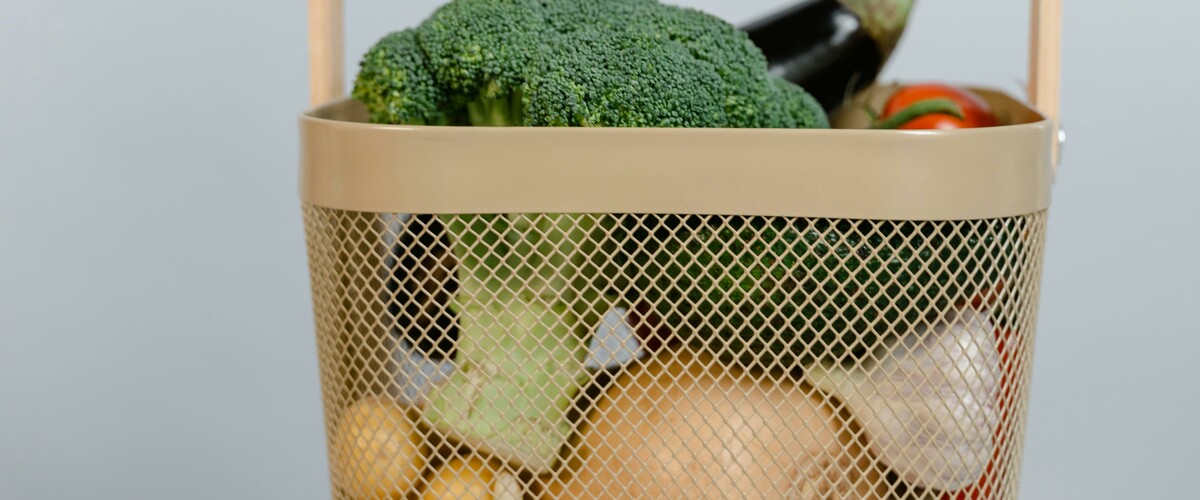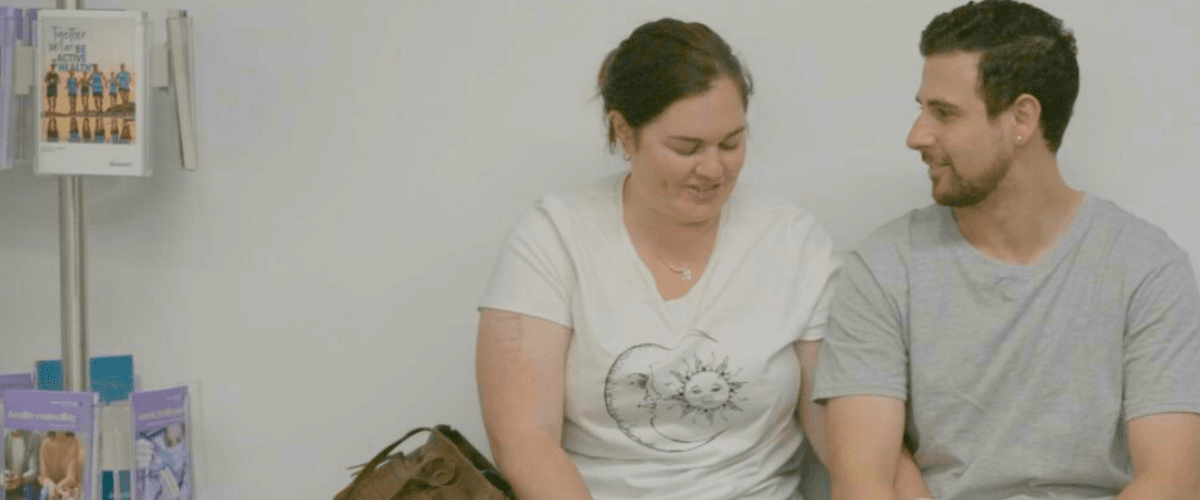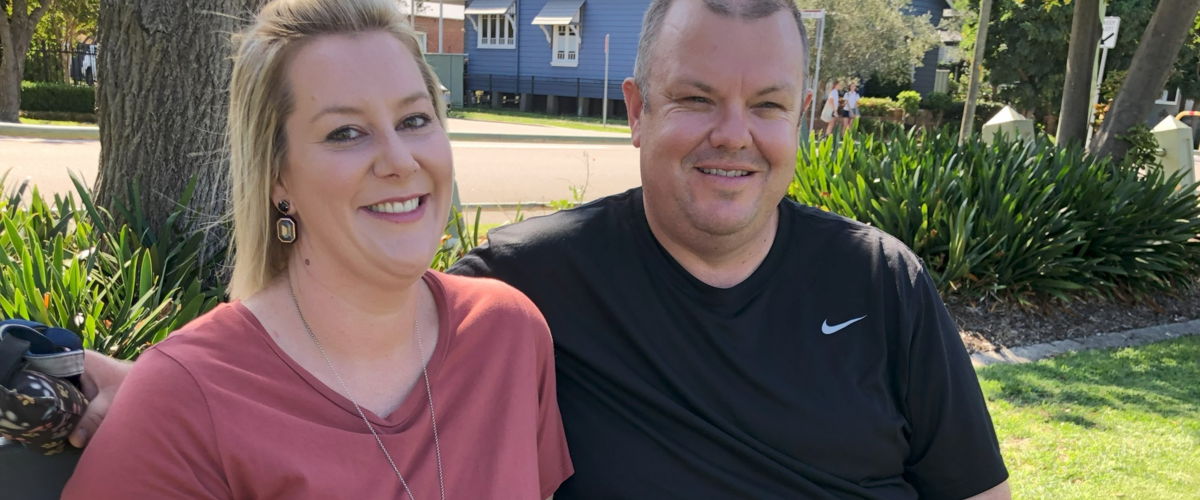
Managing pain after coronavirus ban cancels gynaecology surgery
Pain management advice from Professor Jim Tsaltas, a highly-regarded advanced laparoscopic surgeon, clinical director at Melbourne IVF and head of minimally invasive and endometriosis surgery at Monash Health and Monash University.
Many women have received the upsetting news that their gynaecology surgery has been cancelled due to the Government’s suspension of non-urgent elective surgery, in order to prepare hospitals for the coronavirus outbreak.
We wanted to offer some pain management advice from Professor Jim Tsaltas, a highly-regarded advanced laparoscopic surgeon, clinical director at Melbourne IVF and head of minimally invasive and endometriosis surgery at Monash Health and Monash University.
I know for many of you, having your surgery postponed is very distressing, particularly if you are living with daily pain and other symptoms caused by fibroids and endometriosis.
Your surgery may have been planned to help enhance your fertility. So the cancellation news could also mean you’ve had to put on hold your hopes of starting a family, whether naturally or with assistance of IVF or some other surgical treatment.
Whilst your surgery is on hold, I wanted to reach out and share with you some pain management and fertility advice, to let you know we are always here to support you and hopefully provide some comfort during this challenging time.
For endometriosis pain
Many of you will now be getting used to the thought of living with your endometriosis pain for possibly a few more months, so getting your pain management under control is our number one focus.
Please keep in regular contact with your specialist. They will help you identify your specific pain issues and how your quality of life can be improved with a variety of pain management medication options and lifestyle adjustments.
There are a number of lifestyle adjustments that have been shown to help with pain:
- Exercising four times per week;
- Meditation and yoga;
- Drinking 2 cups of green tea per day;
- Making sure your bowel function is normal;
- Drinking plenty of fluids.
Maintaining a healthy weight and diet during the social restrictions can be challenging but it’s also a wonderful opportunity to focus on your needs, goals and self-care.
These lifestyle changes can go a long way in helping you manage your endometriosis and indeed gynaecology pain generally.
For some patients, particularly those who were about to start IVF, the pain may be so severe that suppressing periods with your preferred hormonal contraceptive may be of value until IVF starts again.
If your cancelled surgery was in preparation for fertility treatment, one option that you may wish to discuss with your doctor is hormone suppression, it can often help reduce pain.
If your fibroid surgery has been postponed, there are some other options to discuss with your doctor about controlling symptoms, pain and heavy bleeding that can include hormone suppression using the contraceptive pill, considering a Mirena coil or other oral progesterones. Your specialist can help guide you with the best option for you.
For pain management, a combination of non-steroidal medication and paracetamol are very useful. If this does not manage your pain please speak to your specialist about stronger pain medications that may be required. Keep in regular contact with your treating doctor so that your individual needs are identified and met.
We know this is an extremely worrying and challenging time but please remember your surgery hasn’t been cancelled, it’s temporarily on hold.
You may feel things have abruptly stopped and you are in limbo but whilst things are postponed we want to let you know we are here to help manage your symptoms, particularly pain and heavy bleeding.
Just reach out, our fertility doctors at Melbourne IVF, IVFAustralia, Queensland Fertility Group, and TasIVF, who are still consulting by video and phone.
In addition our specialist doctors, nurses and administration staff can talk through any concern relating to COVID-19, and our team of counsellors are here for support and advice. Contact us on 1800 111 483 to learn about video or phone consultations.




